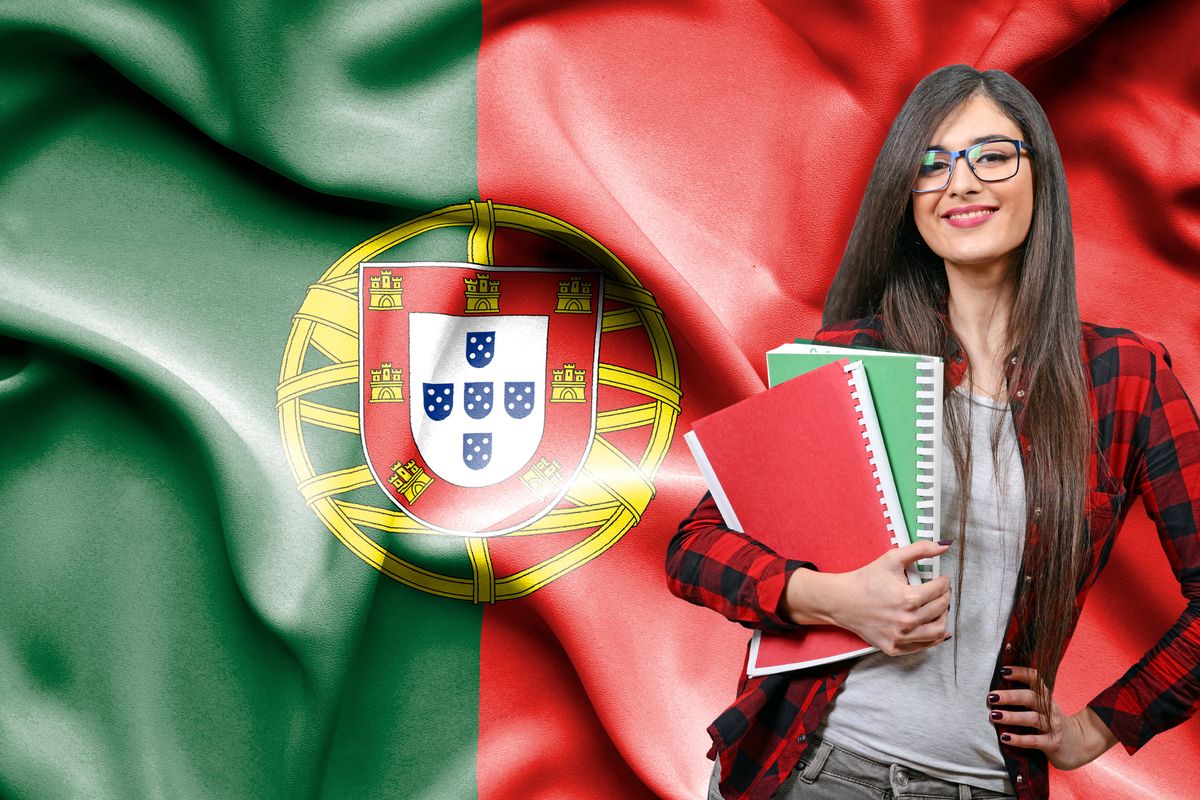Education in Portugal

The advantages of education in Portugal include affordable living expenses, good infrastructure and a wide range of academic programmes.
Primary and secondary education
Portuguese public education is free and compulsory for all children from 6 to 15 years old.
The Portuguese education system is divided into the following levels:
- early education (educação
pré-escolar ) from 3 to 5 years old (optional) - basic education (ensino básico) from 6 to 15 years old (compulsory). It is divided into three cycles, lasting four, two and three years each, and ending with a diploma (i.e., diploma do ensino básico for general studies or diploma de qualificação profissional de nivel III for vocational studies).
- secondary education (ensino secundário) from 15 to 17 years old. Pupils select one programme focus:
- Humanities (cursos científicos humanisticos)
- Technologies (cursos tecnológicos)
- Arts (cursos artísticos especializados)
- Professional Studies (cursos profissionais)
State schools teach in Portuguese, but the country also has private international schools, approved by the government, which also prepare pupils to enter university. International schools follow GCSE, PSAT/SAT and International Baccalaureate curriculums.
Universities
Portuguese higher education (ensino superior) includes universities and higher polytechnic institutes.
| University | English name |
|---|---|
| Universidade do Porto | University of Porto |
| Universidade Nova de Lisboa | New University of Lisbon |
| Universidade de Coimbra | University of Coimbra |
| Universidade de Lisboa | University of Lisbon |
| Faculdade de Ciências Empresariais e Económicas da Universidade Católica Portuguesa |
Católica Lisbon School of Business and Economics |
The most popular courses with international students are Computer Sciences (Higher Technical Institute of the University of Lisbon), Law, Medicine (University of Coimbra), Engineering (University of Aveiro, University of Porto).
The cost of living in Portugal is the lowest in Western Europe. A room in large cities such as Lisbon, Porto or Faro cost between €150 and €400 per month — meals and commuting cost about €250.
Those who want to study in Portuguese can attend a preparation course at the University of Lisbon, University of Porto or the University of Algarve. Students who successfully complete the certificate can apply to university. Each university has its own rules of admission but generally the applicant must pass tests in the relevant majors.
Documents required
- application (via university website)
- secondary education certificate
- academic transcripts
- passport copy
- teacher recommendations
- letter of motivation
All the documents must be translated into Portuguese and notarised.
We will send you a content digest not more than once a week